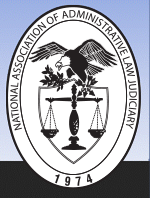First Page
57
Last Page
121
Abstract
This article examines the power difference between homeowner association (HOA) owners, members, and their governing boards. Administrative adjudication can remedy the imbalance to better secure member rights. What is necessary is a heightened standard of judicial review and a requirement to produce a comprehensive record for review. Boards enjoy an advantage in disputes with members—courts uphold board actions unless they are arbitrary and capricious. Boards also possess largely unrestricted state-delegated authority to make and enforce rules, as well as decide penalties for infractions. These clearly governmental functions are not restrained by the state action doctrine. Tools of administrative adjudication are available to limit concentrated power that is otherwise unrestrained in the context of privatized governance. The way to do this is to send a clear message to boards that if they wish for their acts to be upheld, they must be capable of withstanding effective, rigorous judicial review supported by a fully developed record.
Recommended Citation
Jeffrey Kleeger,
Liberty and Separation of Powers in Judicial Review of Privatized Governance Regimes,
38 J. Nat’l Ass’n Admin. L. Judiciary
57
(2018)
Available at:
https://digitalcommons.pepperdine.edu/naalj/vol38/iss1/4
Included in
Administrative Law Commons, Constitutional Law Commons, Judges Commons, Property Law and Real Estate Commons

